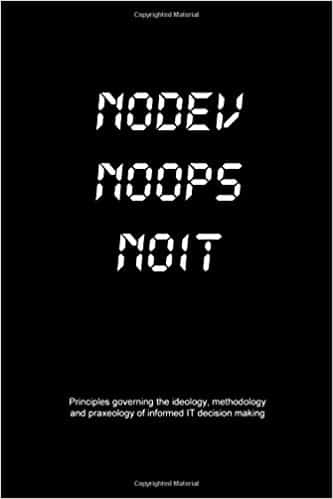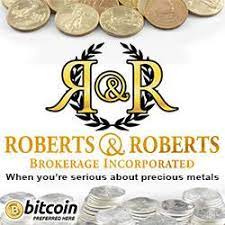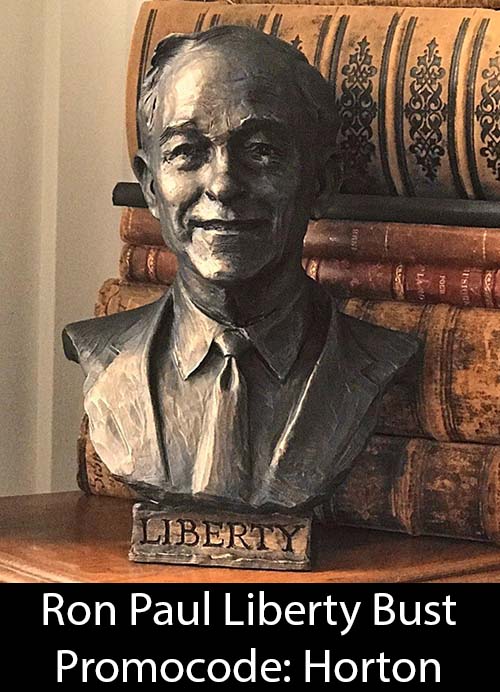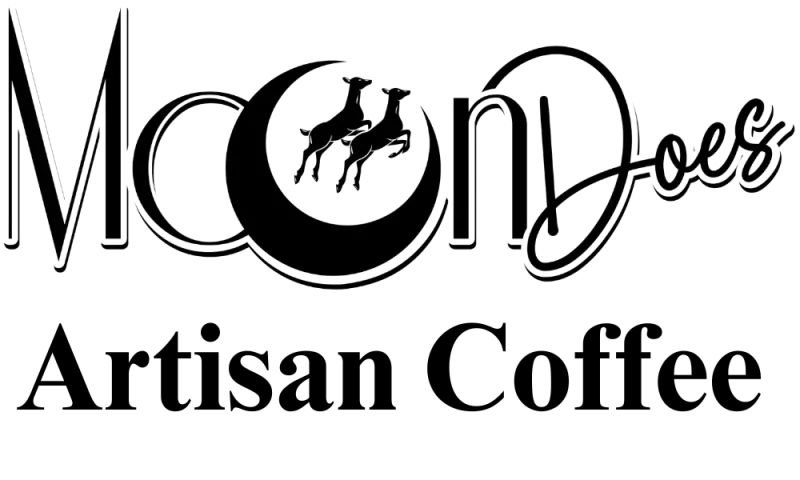A question of property.
Having only scratched the surface of the literature at Mises, a single point just keeps jumping out at me. Now I was raised orthodox Jewish and had many years of education in Gemara. One of the key focuses of these ancient texts is in fact property rights. The point that I am referring to is that the fundamental right of property is the right to destroy. That is to say, in the stereotypical example of a fruit bearing tree, one who owns this tree has the right to cut it down. This is in direct contrast to a ‘joint-ownership’ say I buy a tree fifty fifty with my neighbor. This tree is technically not the property of either of us, rather what is owned is the produce of the tree. So in fact I own half of the fruit with out having a direct ownership over the tree itself. Now this is also extrapolated to livestock, land and just about all property.
So with this in mind I find the notion of a stock market almost communist in nature, while it does not forces people to join, it does seem to go directly against the interest of a free market. That is to say for totally simple purposes lets say a house is put on the stock market. once you have a number of shareholders who’s interest don’t lay in the house it self, but only in and abstract ‘profitability’. You lose a certain sensitivity an individual owner involved in the direct act of ownership and operations . so a single owner of this house may have long ago knocked it down and built something far more valuable locally with little problems. Seeing all the befits to risking the investment of making dramatic changes. It becomes a much different story when you are endangering the steady profits of a scattered group of people who live around the world.
In a way it almost seems as though the stock market is the complete and total end to competition, for one thing a companies supposed profitability become enough to prop it up with enough cash to continuously grow even if not in the direct interest of said business. What I mean is that once again the single owner involved directly in operation and ownership has very different set of interests than assorted groups of ‘Capital’ looking for investment opportunity.
And on top of all of that you put a state. the state is doing a whole lot at once here, first you have fed money. That is to say the Capital it self going after investment is not real and not really self interested, that is some one investing with loaned money or even the businesses started in the first place with ‘easy-money’, seems to be disconnected form local economies and dropped in to a form of collective gambling.
But the real problem is that the state at some point will be compelled to interfere if to many people are at risk of losing their shirts, whether a pragmatic authoritarian response to avoid mass unrest, or just the democratic response of people feeling ‘cheated’ and demagogues seizing on an easy target. So now you have the government come in an further ‘stabilize’ these businesses so to secure the steady profits of the average share holder.
Now im not an economics major or anything and maybe this is fully explained in libertarian literature but I have not found any so if anyone has a response or can point me toward some relevant information that would be much appreciated.















